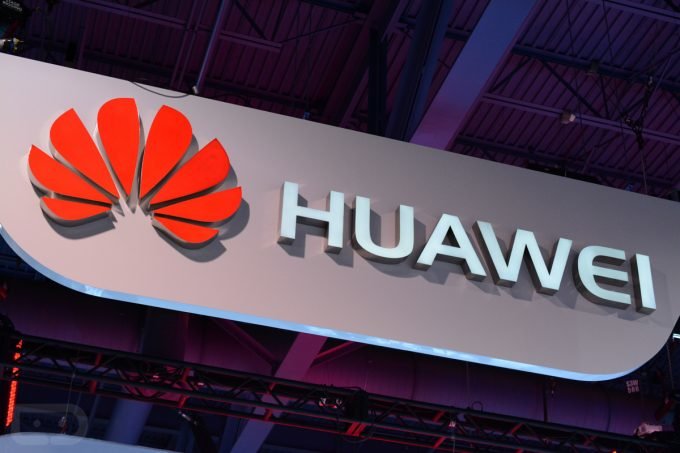
National security and economic prosperity have always been intertwined. The US and China trade wartook a new turn recently with President Donald Trump effectively banning Huawei from the US market citing Beijing’s supposed use of the tech giant for gaining access to critical infrastructure and espionage.
According to the latest episode in this ongoing tussle,the US Commerce Department have added Huawei Technologies Co and 70 affiliates to its ‘Entity List’ in effect barring the Chinese company from acquiring components and technology from US firms without prior US government approval.
While many are of the reinforced view that the crackdown on Huawei and efforts to protect U.S. technology arepart of the broader effort of Trump’s trade war to thwart China’s rise, of which Huawei is viewed as an integral part.
Disconcertedly, the US-China conflict isn’t restricted to the two countries any longer with Washington pressing allies to join in the scrutinyof China’s largest tech company and take a serious look at its workings.
Despite no public evidence proving that the company is rigging its hardware or spying on behalf of the Chinese government, and Western governments having yet to present detailed public evidence,the U.S. Justice Department’s latest indictments paints a picture of a company that deliberately flouted sanctions law and stole technology from its business partners.
Huawei have strongly retorted citing its role as an equipment vendor, not owning customer data or networks which are all controlled by telecom operators.
Additionally, as a business organization that holds the interests of customers close to its heart, it has established rigorous processes and tools to support product development, operations, and sales. As of now, Huawei has released an official statement reassuring consumers that the current ban will in no way affect the current users of Huawei smartphones.
It is expected that attempts to restrict the Chinese tech giant from doing business in the US will cause the country to fall behind in the development of next-generation mobile networks. Especially, as Huawei continues to be a major player in the global market for fifth-generation (5G) mobile networks and infrastructure.
As the world’s largest producer of the telecom equipment, Huawei remains a colossal player in the global race for 5G dominance.As of late 2018, the company boasted 28 percent of the global market for telecom equipment and had signed more than 25 contracts around the world to deploy its equipment in the 5G networks of the future.
Accomplishing a massive feat, the telecommunications and electronics giant led an Asian domination for fillingsfor more than half of the international patent applications at the World Intellectual Property Organization (WIPO). According to WIPO March 2019 reports, Huawei submitted 5,405 patent applications last year, up from 4,024 in 2017 (a 25% increase) for 2018.Notably, Asian-based companies collectively accounted for 50.5% of all filings from companies across the globe.
Under the garb of trade and tech conflicts, stakes are high as part of a wider struggle between China and the US over trade and global influence. It explains why the US wants to clean up Huawei, even more important than signing a trade agreement with China.
On a technological front, the United States, should heed the difference between competing and whining,recognizing that Huawei will continue to be a major player in the global market for 5G infrastructure.


